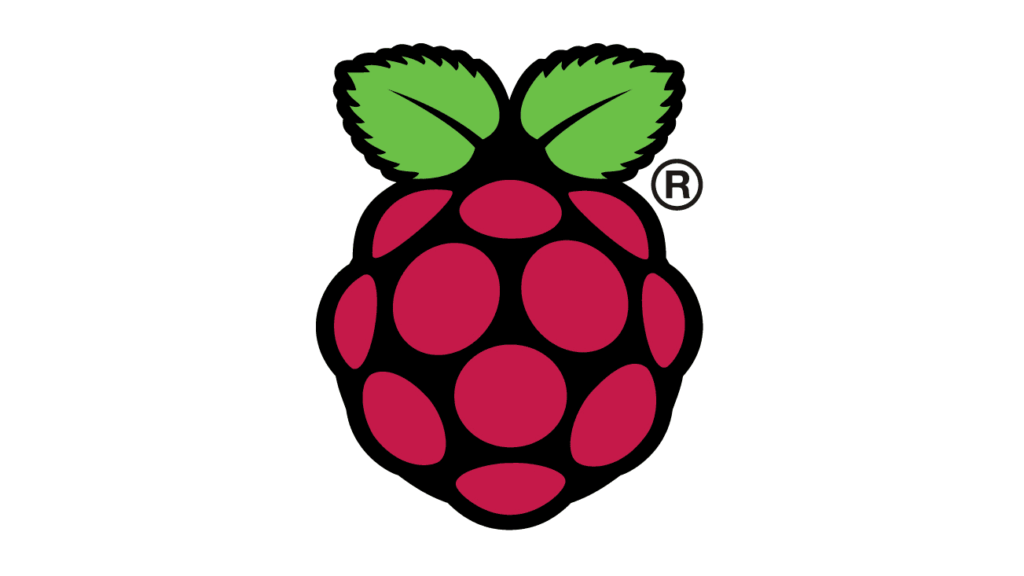
Over the last few months, we have been testing the Vernier Python module for Go Direct® sensors on Raspberry Pi. Raspberry Pi is an affordable, fully functioning computer that was developed and built to help encourage the understanding, learning, and continued study of computing in schools.
When given Go Direct sensors and Python as tools, students can integrate their coding skills with data-collection projects to visualize data or incorporate sensor data with a Raspberry Pi.
Early in 2019, we released the Vernier Python module for Go Direct sensors, which introduced Python support for Vernier Go Direct sensors. Once installed on your computer (e.g., Raspberry Pi), the module supports connection to a single Go Direct sensor via USB or Bluetooth® wireless technology. You and your students can use the starter examples to learn how to connect to and read measurements from a Go Direct sensor.
Raspberry Pi is a great tool for teaching the fundamentals of computer science, coding, and do-it-yourself projects. It is small (about the size of a credit card) and extremely inexpensive, making it the perfect choice for school budgets. If you are using the Raspberry Pi in your classroom, or considering it, you will find that the Raspberry Pi community provides strong online support for learning to code in Python. This programming language comes preinstalled on the operating system, making it very easy to get started and install the new Vernier Python module for Go Direct sensors.
If you are a teacher who wants to facilitate physical computing in the classroom, consider using a Raspberry Pi with Go Direct sensors and the Python programming language. Start exploring our Python module and examples »
